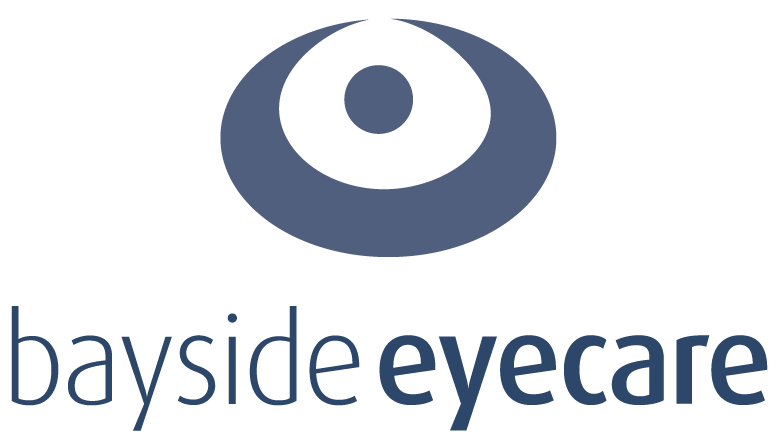In this day and age of lockdowns and working from home, it isn’t uncommon to be experiencing dry eyes. By increasing our screen time and wearing masks regularly, our eyes simply aren’t being properly hydrated.
Dry eye is a chronic condition that can occur at any age, and in people who are otherwise healthy. It is generally more common with older people who are producing fewer tears and is also more common in women than in men.
There are many factors that can contribute to dry eye disease. Before any discussions surrounding medications and eye drops, it is important to identify exacerbating factors in forming a treatment plan for your dry eyes. Factors may be environmental, such as air conditioning & heating, current medications, computer use, and any coexisting medical conditions that may be associated with an increased risk of dry eyes, such as arthritis.
The symptoms of dry eyes vary from individual to individual but generally may include:
- Eyes feeling sore, gritty, burning, stinging, or scratching
- Redness around the whites of the eyes
- Fluctuating vision
- Sticky sensation around the eyes
- Watery eyes
Efforts to combat dry eye disease are directed at addressing the underlying causes that will reduce symptoms. There are a number of measures that can be implemented at home as the starting point of the dry eye treatment journey. In most cases, we will have you undertake some or all of the measures before reviewing you to determine whether or not to proceed with other dry eye treatments.
- Omega-3 supplements
- Lid hygiene and cleansing
- Lid warming
- Non-preserved lubricants (artificial tears and gels)
- Staying hydrated
- Removal of environmental causes such as smoke and air-conditioning
- Blinking exercises
Dry eye disease can come about from a number of various reasons as discussed above, and so by booking yourself into a comprehensive consultation, your optometrist will be able to tailor a treatment plan that is specific to you and your lifestyle. Simple solutions such as lubricating eye drops, blinking exercises or warm compresses might be your answer to dry eye problems.
In more severe cases of dry eye, a discussion with your optometrist about new medications and treatments now available for severe dry eye disease is the recommended course of action. Our team at Bayside Eyecare is here to help you combat dry eye disease. To find out more, give our friendly team a call today on (03) 9909 5329 or book an appointment online.

 (03) 9596 1238
(03) 9596 1238


